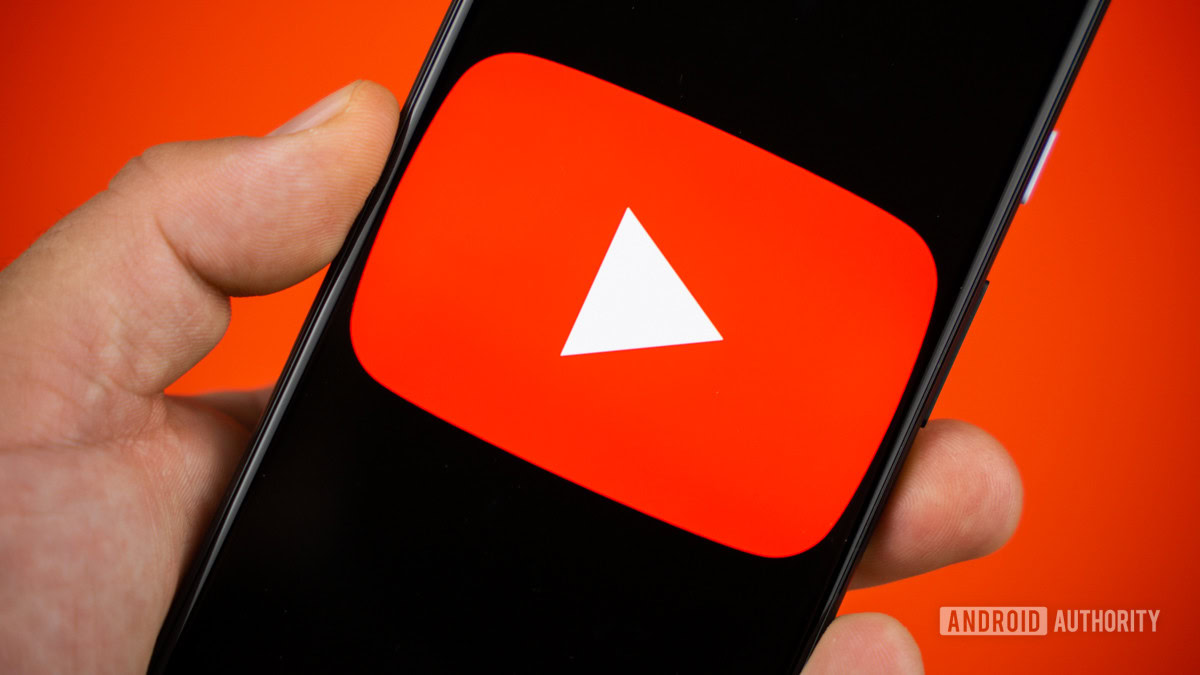A federal court today found that Google LLC maintains an illegal monopoly in the advertising technology market.
The decision comes less than a year after a similar antitrust ruling against the Alphabet Inc. unit’s search business. In August, a different court determined that Google had breached competition rules with its search and search advertising services. The judge presiding over that case is expected to decide on remedies in the coming months.
Today’s ruling about Google’s advertising technology business was issued by the U.S. District Court for the Eastern District of Virginia. It was made in connection with an antitrust lawsuit that the U.S. Justice Department and 17 states had filed with the same court at the start of 2023. The plaintiffs charged that Google breached two sections of an antitrust law called the Sherman Act.
The case focused on Google’s so-called ad tech stack, a collection of three popular advertising products.
The first product is DoubleClick for Publishers, or DFP. It’s an application that online publishers use to manage their websites’ advertising real estate. The second focus of the antitrust lawsuit was Google Ads, which brands use to buy ad space in websites. The third product named in the complaint is an auction platform called AdExchange where brands compete for ad space by placing bids.
AdExchange links together DFP and Google Ads. It allows brands that use Google Ads to bid on the website ad space publishers manage with DFP. When the Justice Department filed the lawsuit in January 2023, it estimated that AdExchange had a 50% market share.
Antitrust officials alleged that Google had breached competition rules with all three of the products that make up its ad tech stack. Today’s ruling found that DFP and AdExchange broke antitrust rules, but Google Ads didn’t.
The lawsuit argued that Google uses unfair business practices to boost DFP and AdExchange. The AdExchange auction is an important source of ad revenue for many publishers. According to the Justice Department, Google conditioned publishers’ access to the auction on their use of DFP. Antitrust officials further alleged that the search giant has made it difficult for rivals to compete with AdExchange.
“For over a decade, Google has tied its publisher ad server and ad exchange together through contractual policies and technological integration, which enabled the company to establish and protect its monopoly power in these two markets,” U.S. District Justice Leonie Brinkema wrote in today’s ruling.
The court plans to follow up the decision by setting a date for a hearing in which legal remedies will be issued. The Justice Department has argued that Google should be ordered to sell off Google Ad Manager, a platform it created in 2018 by combining DFP and AdExchange. The court could also order the company to change its business practices without offloading the platform.
Google plans to appeal the ruling. “The Court found that our advertiser tools and our acquisitions, such as DoubleClick, don’t harm competition,” Lee-Anne Mulholland, Google’s vice president of regulatory affairs, said in a statement. “We disagree with the Court’s decision regarding our publisher tools. Publishers have many options and they choose Google because our ad tech tools are simple, affordable and effective.”
Photo: Unsplash
Your vote of support is important to us and it helps us keep the content FREE.
One click below supports our mission to provide free, deep, and relevant content.
Join our community on YouTube
Join the community that includes more than 15,000 #CubeAlumni experts, including Amazon.com CEO Andy Jassy, Dell Technologies founder and CEO Michael Dell, Intel CEO Pat Gelsinger, and many more luminaries and experts.
THANK YOU








